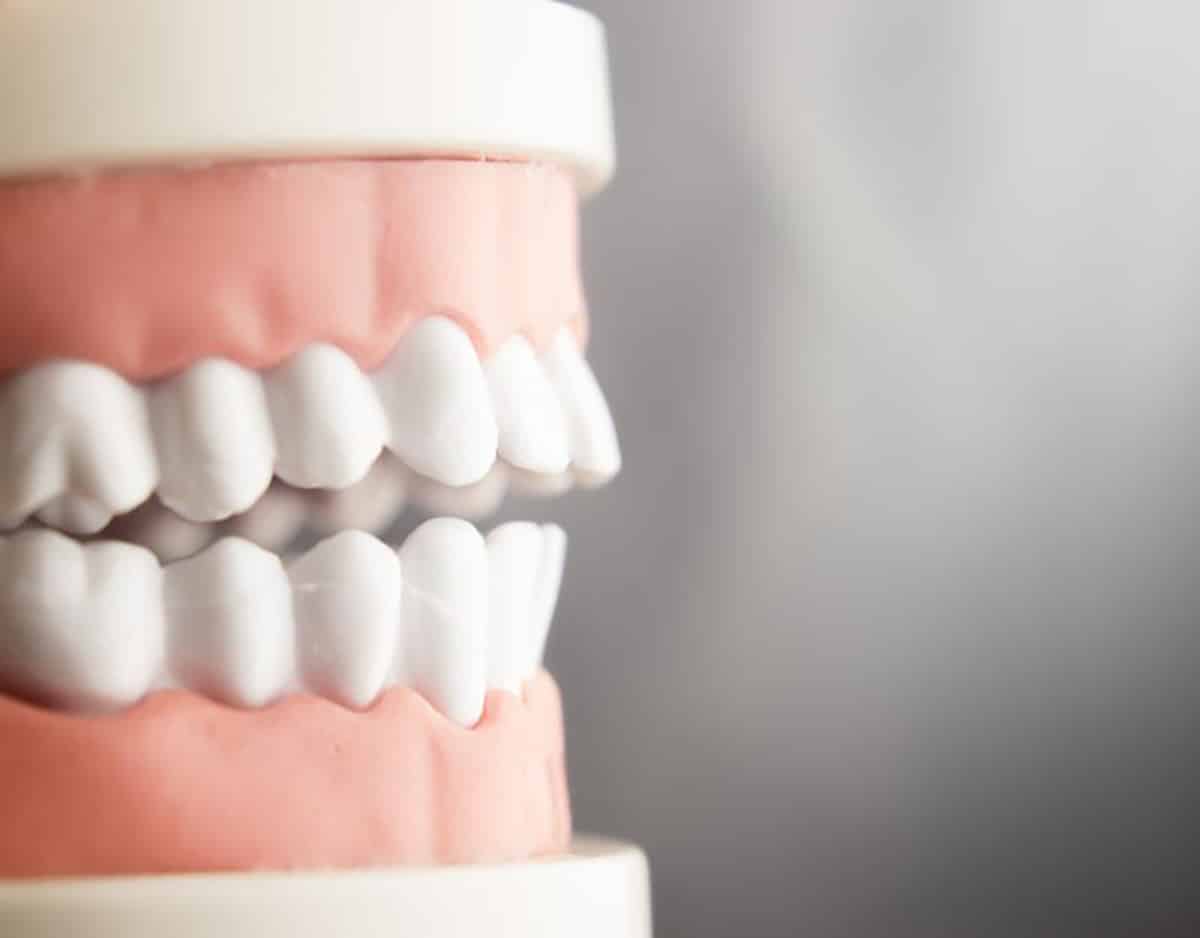What Do Gums…do?

Whenever we think of oral health and hygiene, we tend to think of our teeth straight away. What about our gums, though? Unfortunately, many of us don’t know nearly as much as we should about them. Here are some interesting facts about gums and the steps we can take to properly care for them.
What Our Gums Do For Us
The gums are there for more than one reason, and they serve multiple purposes. First of all, they work to keep our teeth in line, and they effectively absorb shock. The gums serve to protect the bone that’s behind them. The connective tissues in the periodontal ligament, for example, give us the ability to carry out certain functions, like biting and chewing.
A Common Disease Of The Gums
Gum disease is one of the most commonly discussed health concerns affecting the gums. It’s an infection of the tissues that are found around the teeth. At the beginning stage, gum disease is called gingivitis. Once it progresses and gets worse, it becomes periodontitis. Eventually, the condition leads to loose teeth, and this paves the way for tooth loss. Signs of gum disease we’ll want to look out for include swollen, inflamed, and bleeding gums.
How To Properly Care For Our Gums
Brushing our teeth twice a day can do absolute wonders for our gums. Additionally, our gums could use a good brush, too. We’ll want to remember to give them a light, gentle pass before we put away our toothbrushes.
Flossing between each tooth will help clean hard-to-reach surfaces and positively impact the health of our gums. Establishing a wholesome diet will ensure that we’re getting everything we need to keep our teeth in excellent condition. This is necessary because healthy teeth mean healthy gums.
Finally, we’ll need to remember to go to the dentist on a regular basis. Our teeth will need a professional cleaning every now and then to eliminate certain problems, such as excessive plaque buildup. This is due to the fact that they can’t be successfully treated at home.
The content on this blog is not intended to be a substitute for professional medical advice, diagnosis, or treatment. Always seek the advice of qualified health providers with questions you may have regarding medical conditions.
